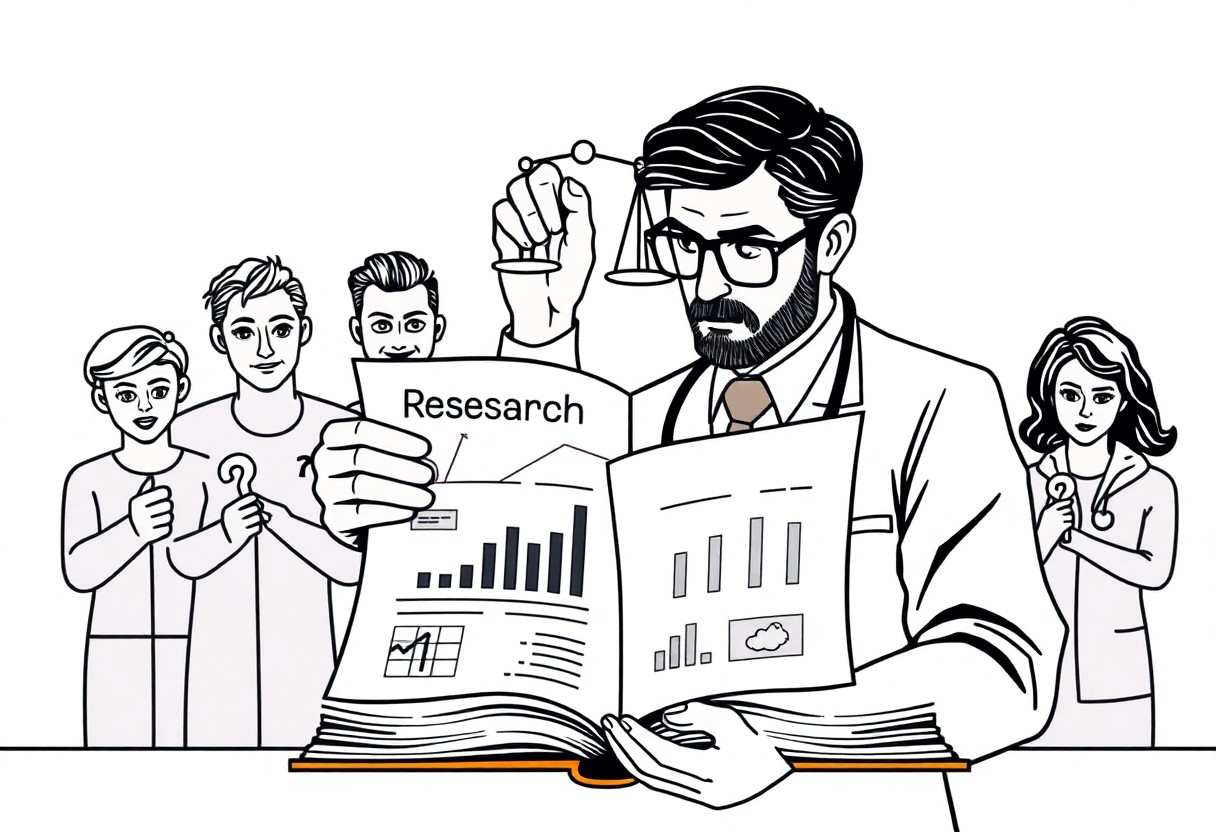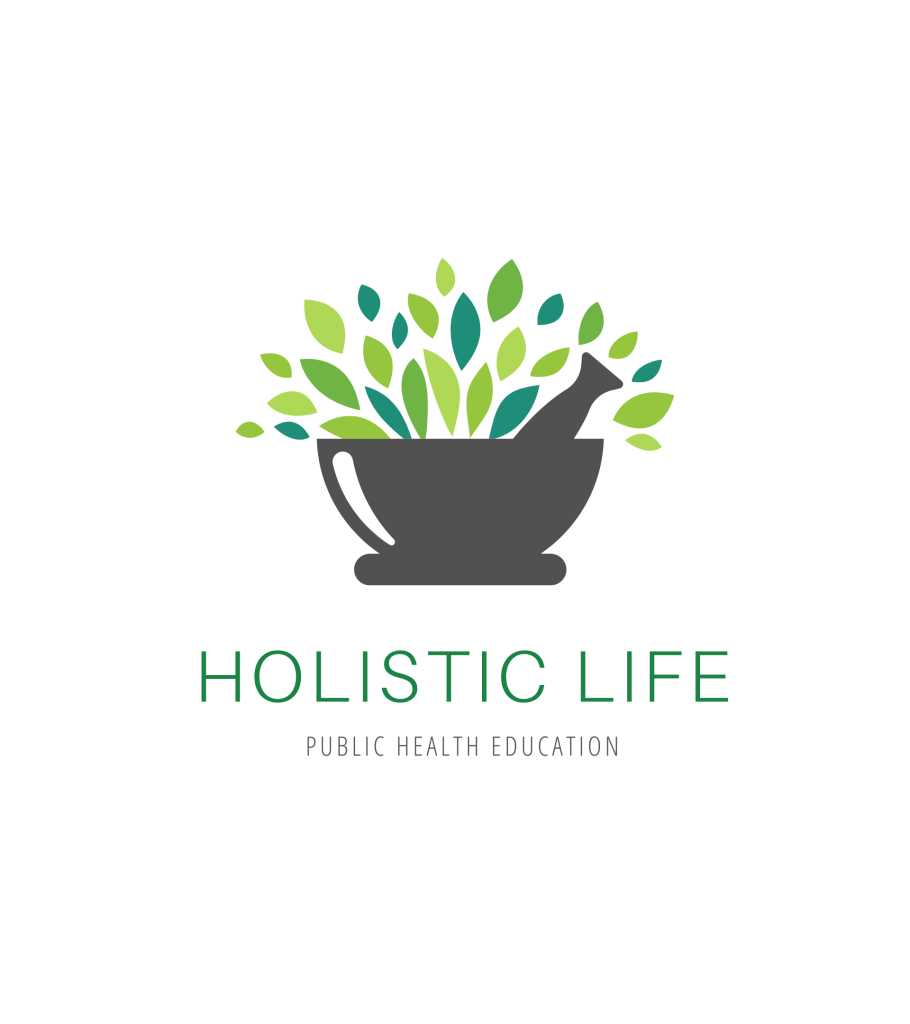Just as I probe into the depths of Evidence-Based Medicine, it becomes clear that its promises often mask underlying truths that serve specific interests. While marketed as a framework for objective healthcare decisions, I’ve uncovered that it can mislead and prioritize profit over patient care. This reliance on selective data can skew treatment approaches and ultimately diminish your health outcomes. To understand the real implications, I encourage you to explore this comprehensive Evidence-Based Medicine: What It Is, What It Isn’t, and Why article for further insights.
Key Takeaways:
- Evidence-based medicine often reflects pharmaceutical industry interests rather than true patient needs.
- Research funding sources can bias study outcomes, affecting the integrity of clinical guidelines.
- Patient-centered care is frequently overlooked in favor of statistical data and generalized protocols.
The Origins of Evidence-Based Medicine
Evidence-Based Medicine (EBM) emerged as a response to the deficiencies of traditional medical practices, advocating for a systematic approach to healthcare. Its roots trace back to the late 20th century, particularly the 1990s, when a growing body of research highlighted the disparity between clinical practices and the best available scientific evidence. This shift aimed to integrate patient care with rigorous scientific methodologies, transforming how I approach medical decision-making.
Historical Context and Evolution
The evolution of EBM was influenced by several historical milestones, including the development of randomized controlled trials (RCTs) and meta-analyses. The integration of statistics into medicine began to reveal significant gaps in treatment efficacy, prompting a call for a more evidence-driven approach. You can see its influence in organizations like the Cochrane Collaboration, established in 1993, which sought to synthesize research findings and promote informed healthcare decisions.
Core Principles and Drivers of Adoption
At its core, EBM rests on the integration of clinical expertise, patient values, and the best available evidence. Key drivers for its adoption include the demand for accountability in healthcare, the rise of patient-centered care, and technological advancements in data accessibility. Studies show that clinicians who engage with EBM report increased confidence in treatment decisions, enhancing patient outcomes and satisfaction rates.
By balancing empirical evidence with individual patient needs, EBM challenges us to rethink traditional medical hierarchies. The use of systematic reviews and guidelines arms us with clear parameters for best practices, while the emphasis on informed consent respects patient autonomy. Yet, the insistence on evidence can also lead to dependency on publications that may be skewed or influenced by pharmaceutical interests. Acknowledging these nuances enables you to navigate the complexities of EBM more effectively.
The Beneficiaries of the Evidence-Based Model
Evidence-Based Medicine often appears to champion patient welfare, yet the reality reveals a different narrative. Achievements and Limitations of Evidence-Based Medicine illustrate how pharmaceutical companies, medical institutions, and research entities gain significant advantages, often overshadowing the needs of patients and ethical standards.
Pharmaceutical Giants: Profit Over Patients
In Evidence-Based Medicine, pharmaceutical giants profit significantly while patients see limited benefits. These companies invest heavily in marketing research that often favors their products, even when alternative treatments may be safer or more effective. The focus shifts from patient well-being to the bottom line, leading to potential biases in clinical guidelines.
Medical Institutions and Research Funding Dynamics
Medical institutions often rely on external funding for research, creating a cycle of dependency that can compromise the integrity of scientific inquiry. This reliance on funding from pharmaceutical companies poses risks, as financially motivated studies may skew results to favor their backers. Institutions must navigate these complex dynamics carefully; otherwise, their findings might serve corporate interests more than advancing true medical knowledge.
Funding dynamics heavily influence research priorities and outcomes. Studies have shown that financial backing from pharmaceutical firms often dictates not only the direction of research but also the results that are published. This has led to a troubling trend where research that challenges established products tends to be underfunded or dismissed altogether, effectively sidelining alternative approaches that could better serve patients. Such pressures create a landscape where the quest for knowledge is replaced by a thirst for profits, detracting from the core mission of medical institutions: to foster genuine advancements in patient care.

The Illusion of Objectivity: Dissecting Bias in Research
Bias permeates research, often cloaked in the guise of objectivity. Many studies are designed or interpreted in ways that favor specific outcomes, influenced by personal beliefs, funding sources, or prevailing medical paradigms. This bias compromises not only study validity but also undermines the trust in evidence-based medicine itself, as patients and practitioners rely on ostensibly objective data that can be skewed by subjective motives.
Publication Bias: What Isn’t Being Reported
Publication bias occurs when studies with negative or inconclusive results remain unpublished, creating a distorted view of efficacy and safety. This selective reporting leads to a skewed understanding of interventions, as only positive findings enter the public domain. This phenomenon is alarmingly prevalent; research shows that about half of all clinical trials go unpublished, undermining the integrity of medical evidence.
Conflicts of Interest in Clinical Trials
Conflicts of interest frequently plague clinical trials, as researchers may have financial ties to pharmaceutical companies that influence study outcomes. Such relationships can lead to biased reporting of results, which skews the perceived benefits of treatments. For instance, a review found that approximately 75% of trials funded by industry reported positive results, compared to only 45% of independently funded trials.
These conflicts are not benign; they shape the very fabric of clinical guidelines and treatment protocols. When researchers are sponsored by drug manufacturers, the pressure to deliver favorable results becomes palpable. This can manifest in selective reporting, where only the most favorable outcomes are highlighted while adverse effects or neutral results are downplayed or ignored. For example, a study examining anti-depressants revealed that nearly 38% of trials funded by the industry failed to report negative findings. As a result, healthcare providers and patients may make decisions based on incomplete information, endangering their health and eroding trust in medical guidance.

The Risks of Over-Reliance on Evidence
Over-relying on evidence can lead to a narrow focus that favors standardized treatments over individualized care. Rigorous adherence to clinical guidelines often dismisses the nuanced realities of patient needs and preferences, potentially compromising overall care quality. The illusion of evidence based medicine reinforces a system that prioritizes statistical significance over personal narratives, leaving patients feeling marginalized in their treatment decisions.
Neglecting Patient-Centric Approaches
A fixation on empirical data often overlooks the importance of patient voices in their own care. This detachment can foster a disconnect where patients are not considered active participants, leading to dissatisfaction and potentially poorer health outcomes. Individual stories and experiences don’t easily translate into evidence, yet they hold immense value in shaping holistic treatment strategies.
The Dangers of Algorithmic Medicine
Algorithmic medicine presents significant challenges by applying rigid frameworks to complex human conditions. Reliance on algorithms often disregards the multifaceted aspects of patient care, sacrificing crucial clinical judgment for efficiency. Algorithms may produce biased outcomes, especially for underrepresented populations, perpetuating health disparities.
As algorithms continuously evolve, there’s a risk they rely on historical data that reflects systemic biases. For instance, racially homogeneous datasets can perpetuate ineffective or harmful treatment protocols for diverse populations. Moreover, algorithms lack the ability to account for unique patient circumstances, reducing healthcare interactions to mere calculations rather than comprehensive assessments. This not only compromises care quality but can also misguide treatment paths, resulting in adverse health outcomes.
Reimagining the Future of Medical Practice
Transitioning towards a more holistic view of healthcare necessitates a shift in how we approach medical practice. Emphasizing patient-centered care, we must integrate diverse healing modalities while recognizing the limitations of a purely evidence-based framework. This vision champions collaboration among various disciplines, embracing the strengths of alternative therapies alongside conventional medicine to enhance overall patient outcomes.
Integrative Approaches: Bridging the Gap
Integrative approaches unite conventional and alternative therapies, creating a comprehensive model of care that prioritizes the whole person. This methodology not only addresses physical symptoms but also considers mental, emotional, and spiritual well-being, leading to better patient engagement and satisfaction. By blending practices like acupuncture or nutritional counseling with standard treatments, we can significantly improve health outcomes.
Advocacy for Personalized Medicine Models
Advocating for personalized medicine transforms the traditional one-size-fits-all model into a tailored approach based on individual genetic, environmental, and lifestyle factors. Emphasizing precision in diagnosis and treatment plans can drastically enhance efficacy and reduce adverse effects, resulting in more successful health outcomes.
Advocacy for personalized medicine models holds immense promise for revolutionizing healthcare. By harnessing advances in genomics and biotechnology, I can develop treatment protocols that align with your unique biological makeup. Research indicates that tailored therapies, like those using genomic profiling for cancer treatment, can improve patient survival rates by up to 30%. Realigning our healthcare paradigm to support personalized approaches leverages data-driven insights while empowering you in your health journey, challenging the limitations of traditional evidence-based practices.
Conclusion
Considering all points, I would argue that evidence-based medicine often serves the interests of corporations and institutions more than it serves you as a patient. While it aims to provide objective data to guide medical decisions, the complexities of human health cannot be distilled into mere statistics. You should be aware that biases and conflicts of interest can skew this so-called evidence, affecting the care you receive. Ultimately, it’s imperative to critically evaluate the information presented and advocate for your own health based on a broader understanding of what truly benefits you.
